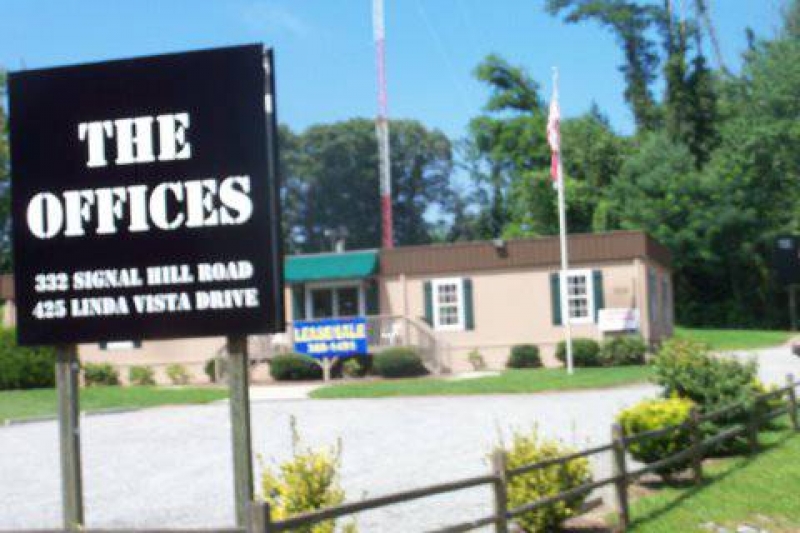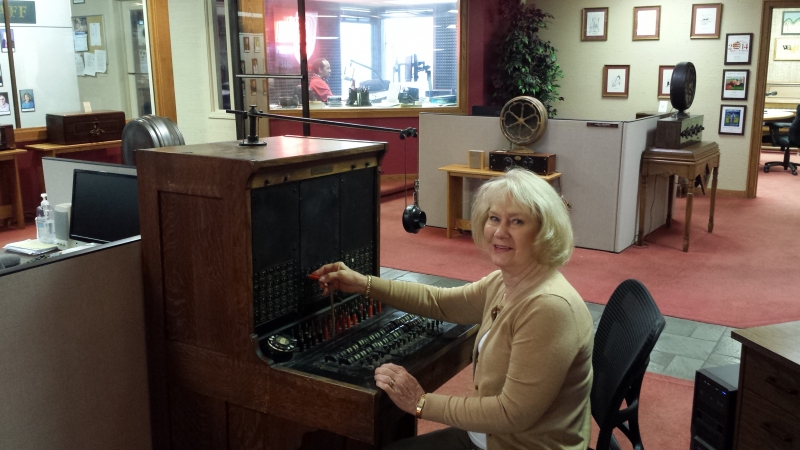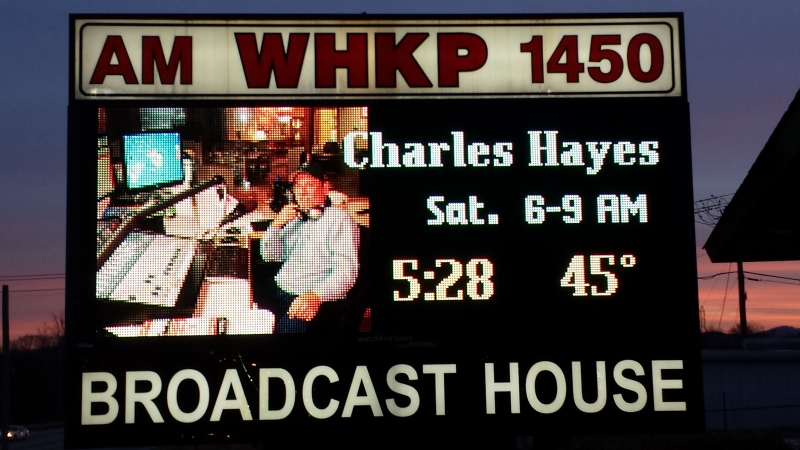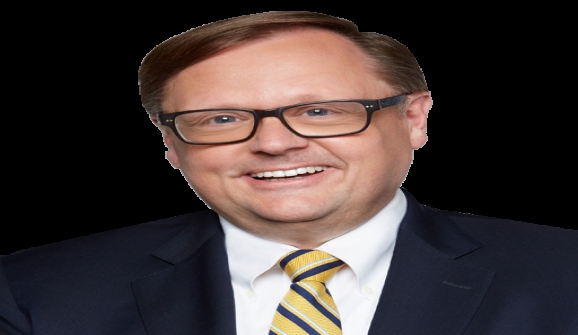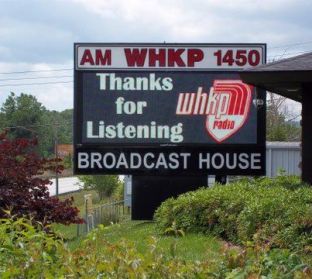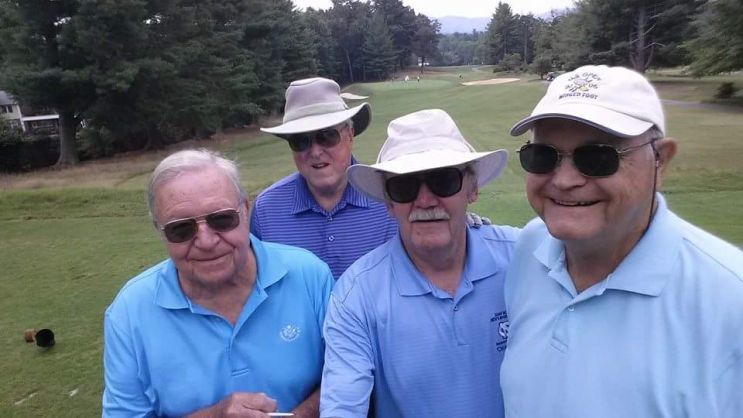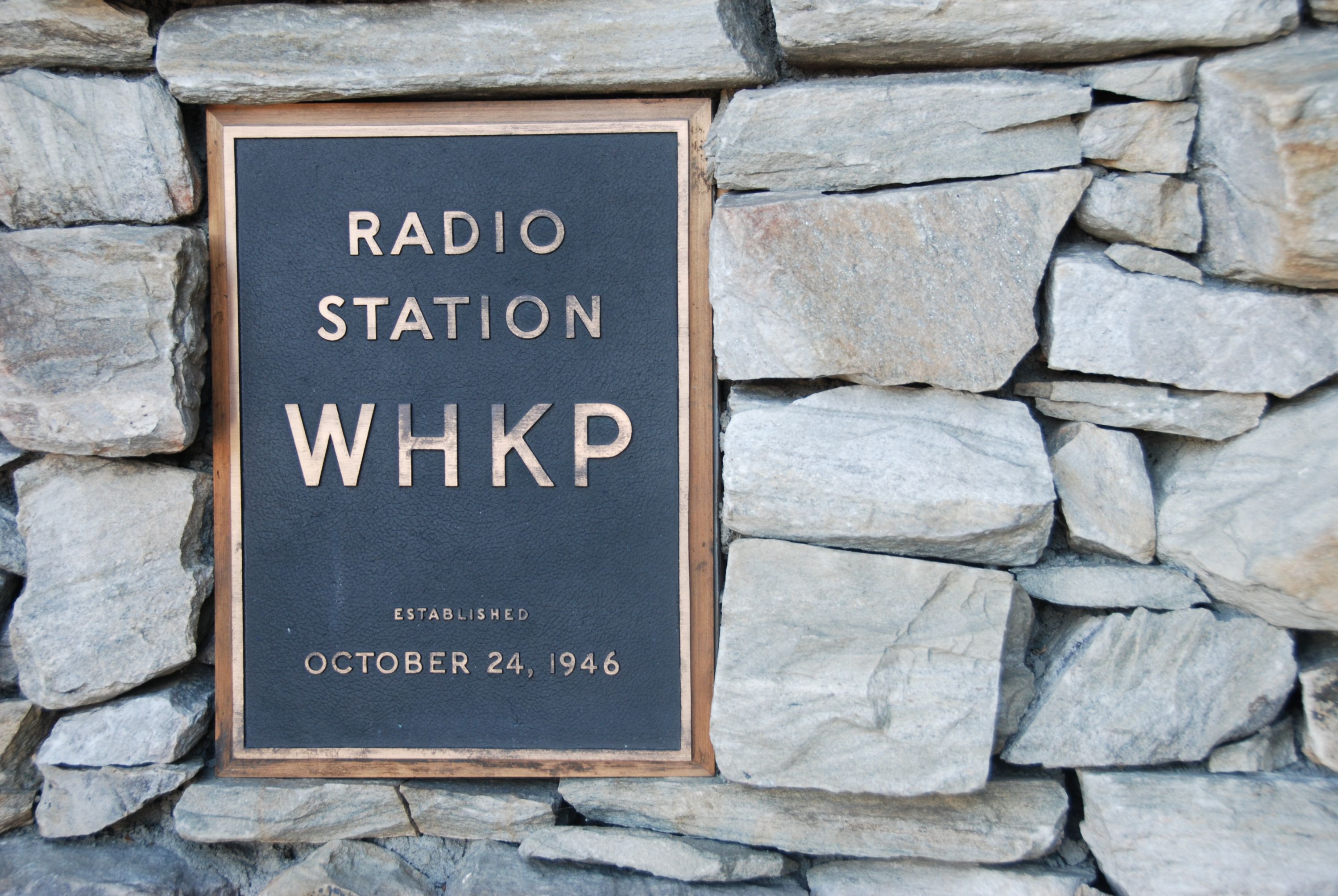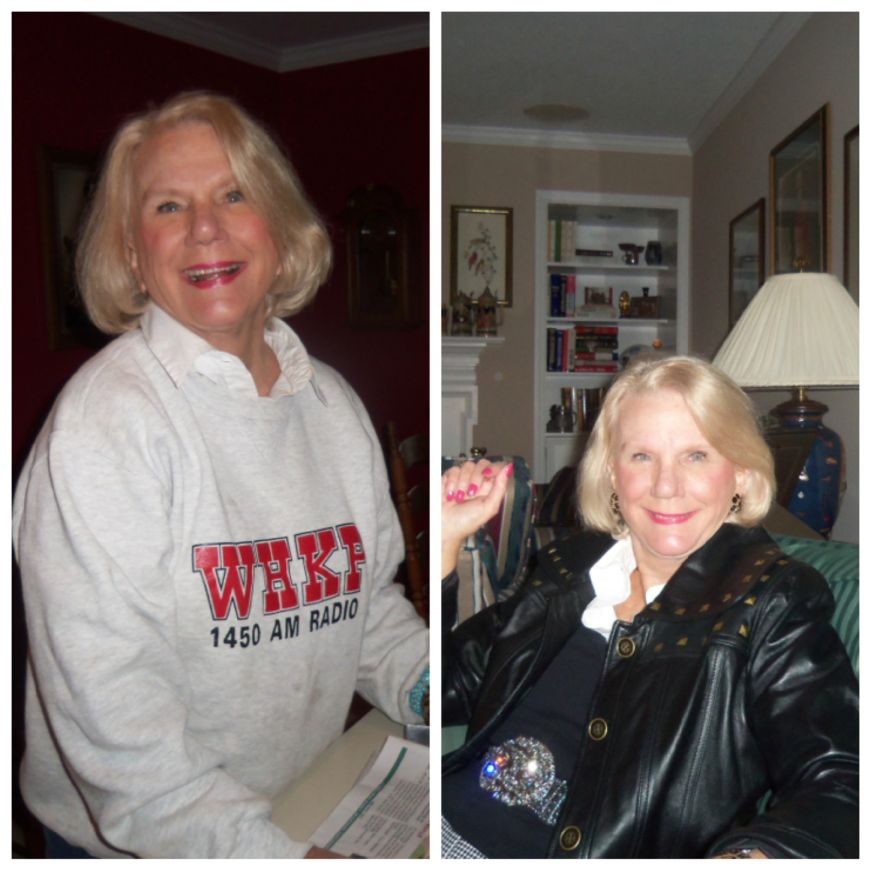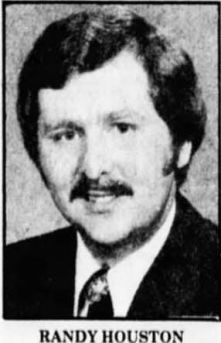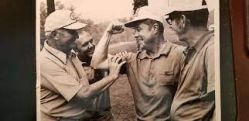The United Methodist Church Tuesday voted to maintain its opposition to same sex marriage,and gay clergy.
The special four day session held in St.Louis was comprised of 800 clergy,and lay leaders from around the world.
The vote 53% in favor of the "traditional plan".One voting member stated "I am happy to go back to the members of my church and tell them we voted in favor of the bible."
The United Methodist Churc is the largest mainline Protestant church in the United States.
One Pastor W.Martin Nicholas of Sugar Land Methodist in Texas stated "I am pleased with this vote and can only hope the denomination will turn to serving the poor,and the sick,instead of fighting over LGBT issues."
FROM THE WASHINGTON POST:
: In a contentious meeting years in the making, the United States’s third-largest faith community voted to emphasize its opposition to same-sex marriage and gay clergy — a decision which was cheered by conservatives in the global church, especially in Africa, but was deeply disappointing to many Americans who were eager for change.
Many American ministers in the United Methodist Church already perform same-sex marriages and approve of the ordination of LGBT people as clergy, although the Protestant church’s rules officially forbid these marriages and ordinations. Many Methodists hoped that the church would amend those rules this week. Instead, a group of more than 800 clergy and lay leaders from around the world voted to affirm the church’s traditional view of sexuality — and to punish disobedient clergy more harshly than before.
“The United Methodist Church will very soon lose an entire generation of leadership in the United States,” lamented Kimberly Ingram, speaking at the meeting on behalf of Methodist seminaries and theological schools, who argued that their students strongly approve of including LGBT people fully in the church. “The future of the United Methodist Church in this country is at stake.”
But presented with several options during a four-day special session on the future of the church in St. Louis, the delegates picked the “traditional plan,” with 53 percent voting in favor. Other options would have allowed local churches to choose their stance on sexuality for themselves, or would have split the church into separate denominations.
The choice raises the question of whether churches that hoped for a different outcome will leave the denomination. The United Methodist Church is the largest mainline — meaning nonevangelical — Protestant church in the United States. Most other mainline Protestant churches do perform LGBT marriages, including the Presbyterian Church (U.S.A.), the Episcopal Church, and the Evangelical Lutheran Church in America. Each of those denominations lost some churches to more conservative faith groups when they decided to affirm same-sex marriage.
[Is God male? The Episcopal Church debates whether to change its Book of Common Prayer]
The United Methodist Church, unlike those denominations, is worldwide, not almost entirely American. Nearly one-third of the church’s membership is in Africa, and speakers from outside the United States — including Liberia and Russia — were among the most vocal proponents of the traditional plan.
Jerry Kulah, head of the UMC Africa Initiative, said he was sorry the church had spent so much time and money debating questions about homosexuality. “The progressive groups are loud, but they don’t have the numbers,” he said. If the church had voted to affirm LGBT inclusion, he said, it would have become a “laughingstock” in Africa.
“I’m happy to go back to old ladies and old men in villages who received the Bible from missionaries and let them know that the Bible hasn’t changed,” he said.
But Will Willimon, a retired Methodist bishop and a prominent theologian at Duke Divinity School, said that preaching to the “old” is a failure of the church.
“We’re sending a signal we are here to minister to the spiritual needs of the elderly,” he said, adding that he has trouble explaining this debate to his adult children.
Willimon had advocated for the “one church plan,” which would have allowed local ministers to choose their stance. “The traditional plan is a misnomer,” he said. “We really have nothing in our tradition to justify this sort of punitive, exclusionary mentality.”
[The United Methodist Church appointed its first transgender deacon]
The question of sexuality has caused deep rifts among Methodists for years. After the topic nearly split the church in two at the denomination’s regular quadrennial meeting in 2016, bishops called for this week’s special session focused solely on resolving the question of sexuality and church unity.
As it became clear Tuesday afternoon that the meeting would end with the approval of the traditional plan, some expressed joy and relief.
W. Martin Nicholas, pastor of Sugar Land First Methodist Church in Texas, said he was pleased with the outcome and he now hoped the denomination would turn its attention to serving the poor and the sick, instead of years more fighting over LGBT issues. "It allows energy and effort to be channeled and focused in the right direction,” he said, but noted the disappointment that many delegates felt. “I dislike seeing people injured and feeling raw -- this shouldn’t be a victory lap.”
Others, on the floor of the stadium where the former St. Louis Rams once played, turned to questions about how a church might exit the denomination now, a tricky issue involving the ownership of church property and other logistics. And some voiced their sorrow and rage.
Dawn Taylor-Storm, a delegate from Pennsylvania, trembled as she said at the microphone: “I speak for all who are at home feeling betrayed, harmed, undermined by this work. . . . This conference is not a full expression of who we are as United Methodists. And hear me, friends. Resurrection happens on the third day, not because people voted for it. Resurrection happens on the third day because the movement of God could not be legislated. You see, God does not depend on a majority vote!”
The end of the meeting was rushed: The Methodists needed to leave, because a monster truck rally was scheduled next in the stadium.





